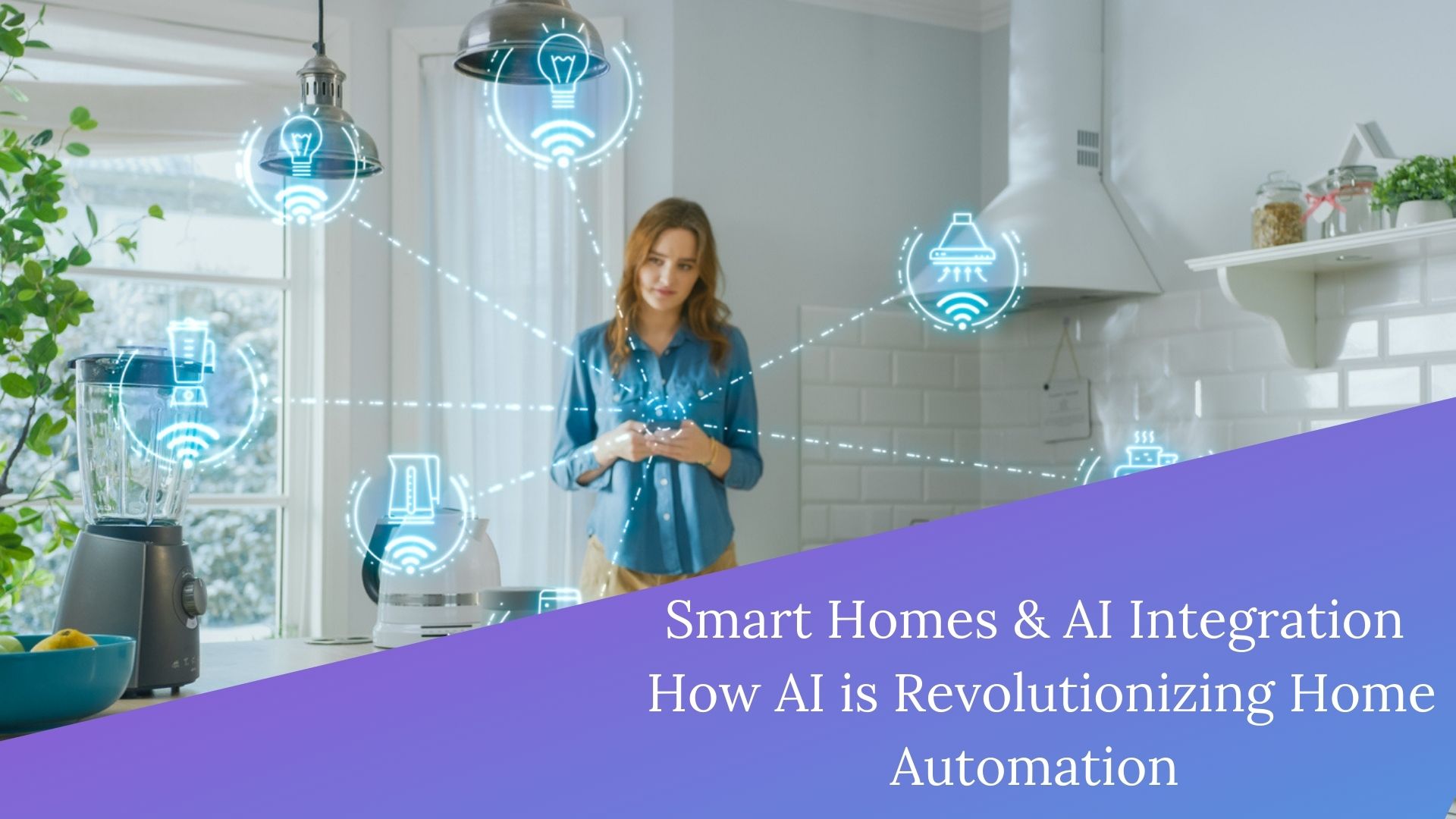The concept of smart homes is rapidly evolving, driven by AI automation, voice assistants, and Internet of Things (IoT) devices. By 2025 and beyond, AI is transforming homes into intelligent, responsive, and highly efficient ecosystems, providing convenience, security, and energy savings.
How AI is Enhancing Smart Homes
- Voice Assistants & AI-Powered Control
Smart assistants like Amazon Alexa, Google Assistant, and Apple Siri enable homeowners to control lighting, appliances, security systems, and even entertainment systems with simple voice commands. AI-driven natural language processing (NLP) enhances interactions, making them more seamless and personalized.
- AI-Powered Security Systems
AI is enhancing home security with:
– Facial recognition for smart doorbells and security cameras (e.g., Ring, Nest).
– Automated alerts for unusual activity, which help reduce false alarms.
– AI-driven monitoring systems that can detect intrusions and alert homeowners in real-time.
- Smart Energy Management
AI optimizes energy use by learning homeowners’ habits and automatically adjusting settings.
– Smart thermostats like Nest and Ecobee change temperatures based on occupancy.
– AI-powered lighting systems can dim or turn off lights when they are not needed, reducing energy waste.
- Automated Home Appliances
AI-powered appliances, such as refrigerators that suggest recipes and robot vacuums like Roomba that efficiently map and clean, are making daily tasks easier.
- Predictive Maintenance & IoT Integration
AI-driven IoT devices can predict when appliances need maintenance, preventing costly breakdowns before they occur.
The Future of AI in Smart Homes
As AI and IoT technologies continue to advance, future smart homes will feature hyper-personalized automation, energy-efficient AI, and seamless multi-device integration, making life more convenient, secure, and sustainable.

